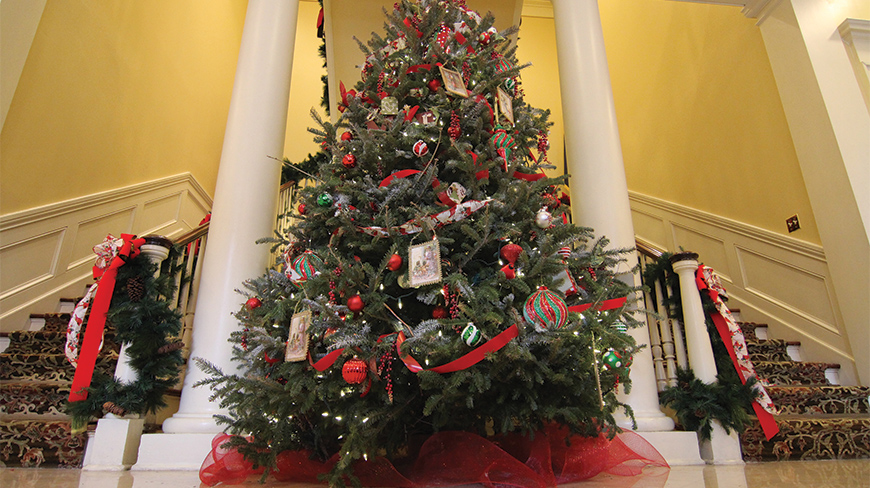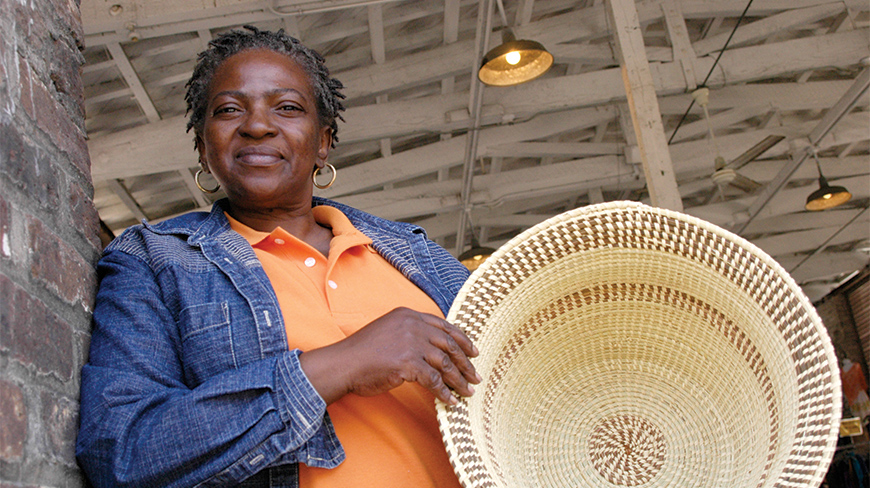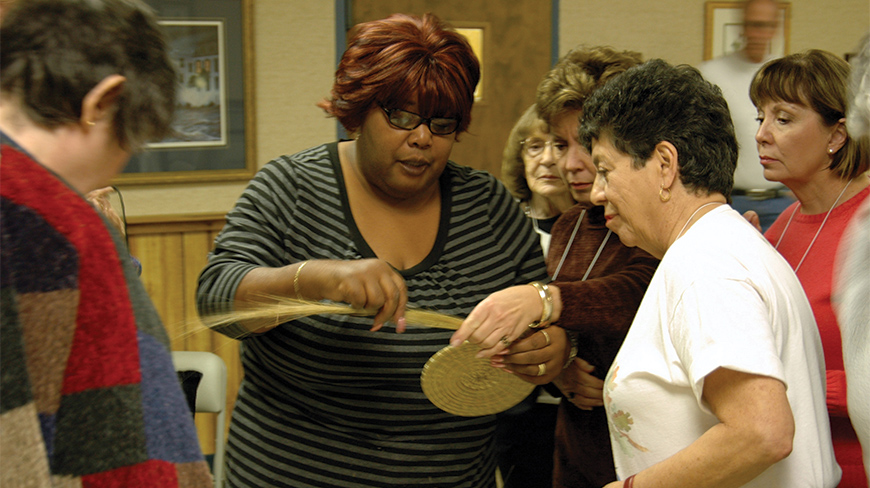Very Charleston: A Celebration of History, Culture, and Lowcountry Charm
by Diana Hollingsworth Gessler
Cobblestone streets leading to perfectly preserved historic homes. Intricate wrought-iron gates opening to lush, fragrant gardens. A skyline of steeples and a river harbor bustling with schooners and sailboats. Charleston is one of America's most charming cities.In vibrant watercolors and detailed sketches, artist Diana Gessler captures the beauty and riches that make Charleston so unique: White Point Gardens, the Spoleto Festival, Rainbow Row, Waterfront Park, Fort Moultrie, the beaches of Sullivan's Island, sumptuous Lowcountry cuisine, and handmade sweetgrass baskets. Full of fascinating details--on everything from the art of early entertaining, the city's inspired architectural and garden designs, and George Washington's Southern tour to famous Charlestonians and the flags of Sumter--Very Charleston celebrates the city, the Lowcountry, the people, and our history. Hand-lettered and full color throughout, Very Charleston includes maps, an index, and a handy appendix of sites.
With her cheerful illustrations and love for discovering little-known facts, Diana Gessler has created both an entertaining guide and an irresistible keepsake for visitors and Charlestonians alike.
A Short History of Charleston
by Robert N. Rosen
A concise small history of Charleston that is easy to read and enjoyable.
A Witness to History: Charleston's Old Exchange and Provost Dungeon
by Ruth Miller and Ann Taylor Andrus
The Old Exchange and Provost Dungeon in Charleston, South Carolina, is one of the great buildings of Colonial America. Serving as city hall, customs house, post office and prison; as the British Headquarters during the occupation of Charles Towne and then host to a great ball honoring George Washington, the Exchange has been an eyewitness to America’s history. This stoic building-—designated a National Historic Landmark in 1975—-has been described as the best example of the dignity and ornament of the traditional English “exchange-town hall” design of the eighteenth century built in the United States. From within its Great Hall to deep below in the Provost Dungeon, the Exchange has played a vital role in American history. Andrus’ and Miller’s fast-paced and readable survey of the history and significance of the Old Exchange Building will appeal to visitor and serious historian alike.
Allegiance: Fort Sumter, Charleston, and the Beginning of the Civil War
by David Detzer
An original and deeply human portrait of soldiers and civilians caught in the vortex of war.
So vividly does Allegiance re-create the events leading to the firing of the first shot of the Civil War on April 12, 1861, that we can feel the fabric of the Union tearing apart. It is a tense and surprising story, filled with indecisive bureaucrats, uninformed leaders, hotheaded politicians, and dedicated and honorable soldiers on both sides.
The six-month-long agony that began with Lincoln's election in November sputtered from one crisis to the next until Lincoln's inauguration, and finally exploded as the soldiers at Sumter neared starvation. At the center of this dramatic narrative is the heroic figure of Major Robert Anderson, a soldier whose experience had taught him above all that war is the poorest form of policy. With little help from Washington, D.C., Anderson almost single-handedly forestalled the beginning of the war until he finally had no choice but to fight.
David Detzer's decade-long research illuminates the passions that led to the fighting, the sober reflections of the man who restrained its outbreak, and individuals on both sides who changed American history. No other historian has given us a clearer or more intimate picture of the human drama of Fort Sumter.
Charleston: City of Memory
by Harlan Greene
Charleston! Charleston!: The History of a Southern City
by Walter Frazer
This book records Charleston's development from 1670 and ends with an afterword on the effects of Hurricane Hugo in 1989, drawing with special care on information from every facet of the city's life-its people and institutions; its art and architecture; its recreational, social and intellectual life; its politics and city government.
Invention of Wings
by Sue Monk Kidd
The Invention of Wings, a powerful and sweeping historical novel by Sue Monk Kidd, begins, fittingly, with an image of flight: Hetty “Handful”, who has grown up as a slave in early nineteenth century Charleston, recalls the night her mother told her that her ancestors in Africa could fly over trees and clouds. That day, Handful’s mother, Charlotte, gave her daughter the gift of hope— the possibility that someday she might regain her wings and fly to freedom. Throughout Kidd’s exquisitely written story, Handful struggles, sometimes with quiet dissidence, sometimes with open rebellion, to cultivate a belief in the invincibility of her spirit and in the sacred truth that one does not need actual wings in order to rise.














